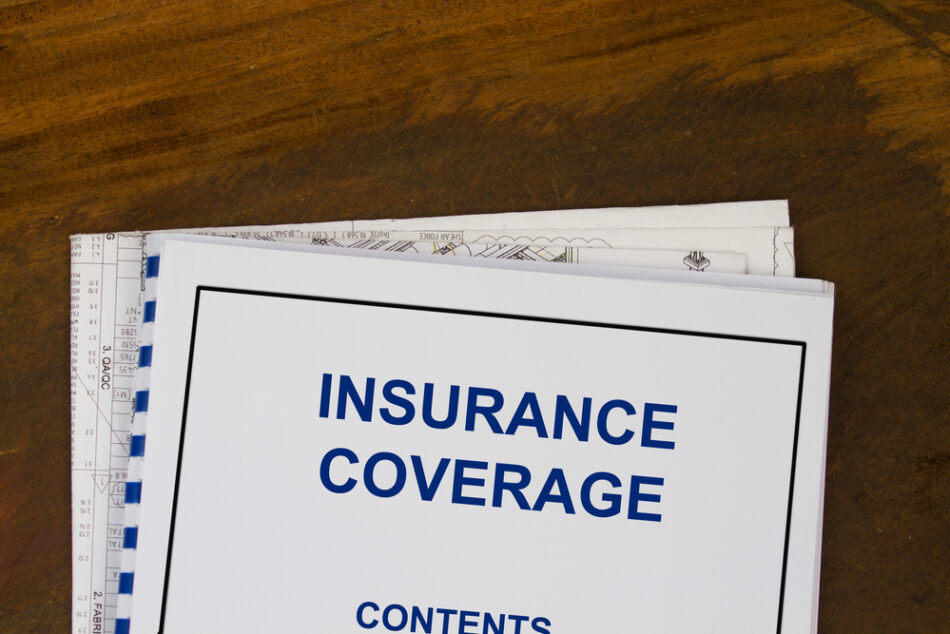When you file an insurance claim—whether for a car accident, property damage, or a personal injury—your insurer doesn’t immediately write a check. Instead, they often begin with an insurance coverage investigation. This process helps determine whether the claim is valid and whether the policy covers the event or loss in question.
Coverage investigations are standard practice in the insurance industry, but they can be confusing or even intimidating for policyholders. In this guide, we’ll walk you through what coverage investigations are, why they matter, how they work, and what to expect if you’re involved in one.
What Is an Insurance Coverage Investigation?
An insurance coverage investigation is the process insurers use to determine whether a reported loss is covered under the terms, conditions, and exclusions of an insurance policy. It precedes or runs concurrently with a claim investigation (which looks at the facts of the incident and the damages involved).
In simple terms, the coverage investigation asks:
Was the policy active when the incident occurred?
Is the type of loss covered under the policy?
Are there any exclusions or conditions that might void or limit coverage?
When Do Coverage Investigations Occur?
Coverage investigations typically occur in situations such as:
Newly initiated claims where coverage is uncertain.
Claims involving potential exclusions (e.g., intentional acts, fraud, or acts of God).
Lapsed or canceled policies where the timing of the loss is unclear.
High-value or complex claims (e.g., large property losses or liability claims).
Suspected insurance fraud.
Coverage disputes involving multiple parties or overlapping policies.
Key Components of a Coverage Investigation
Understanding what’s involved can help you better prepare. Here are the main elements:
1. Reviewing the Insurance Policy
Investigators will thoroughly examine the policy itself, including:
Declarations page (coverage limits, dates, and endorsements).
Insuring agreement (what’s covered).
Exclusions and limitations.
Conditions and duties after a loss (such as reporting requirements).
2. Verifying Policy Status
They’ll confirm:
The policy was in force on the date of loss.
All premiums were paid.
There were no suspensions or cancellations.
Any endorsements or modifications are valid.
3. Interviewing the Policyholder
The insurer may contact you to:
Clarify how the loss occurred.
Review statements made in the claim.
Determine compliance with policy conditions (e.g., timely notice, cooperation).
These interviews are typically conducted by adjusters or insurance investigators, and they may be recorded.
4. Gathering Documentation
Insurers may request:
Police reports or incident documentation.
Photos or video evidence.
Receipts, repair estimates, or invoices.
Proof of ownership or value.
Prior correspondence and claim history.
In liability or injury claims, they may also request medical records, witness statements, or expert evaluations.
5. Site Inspections
Insurance Coverage Investigation For property damage claims, insurers may send inspectors or adjusters to assess the loss, verify the extent of damage, and evaluate whether the loss is consistent with the claim.
What Happens After a Coverage Investigation?
Once the investigation is complete, the insurer typically takes one of the following actions:
Accepts Coverage: The claim is deemed valid and within the scope of the policy. The claim proceeds to payment or further evaluation.
Denies Coverage: The insurer concludes the policy does not cover the loss. A denial letter is issued, often citing specific policy language.
Reserves Rights (Reservation of Rights Letter): The insurer continues investigating but informs the policyholder that coverage may not apply, preserving its right to deny coverage later.
Offers Partial Coverage: Some aspects of the loss may be covered, while others are excluded (e.g., fire damage covered, but mold remediation denied).
Common Reasons Coverage Is Denied
Understanding the common causes of denial can help you avoid mistakes:
Policy not in effect at the time of loss.
Loss not covered (e.g., flooding under a standard homeowner’s policy).
Material misrepresentation on the application or claim.
Failure to meet policy conditions, such as timely notice or cooperation.
Excluded causes (e.g., intentional acts, war, nuclear events, wear and tear).
Your Rights as a Policyholder
If you’re facing a coverage investigation, you still have rights:
1. Right to a Timely Response
Most states have regulations requiring insurers to conduct investigations promptly and communicate within specific timeframes.
2. Right to a Written Explanation
If coverage is denied, you’re entitled to a clear, written explanation that includes references to the policy language.
3. Right to Appeal or Dispute
You can:
File an appeal directly with the insurer.
Submit a complaint to your state’s insurance department.
Hire an attorney to negotiate or litigate the dispute.
4. Right to Legal Representation
You don’t have to face the insurer alone. Especially in complex or high-stakes claims, a qualified insurance attorney or public adjuster can help protect your interests.
Tips for Navigating a Coverage Investigation
Read your policy carefully before filing a claim.
Be honest and accurate in your claim and statements.
Document everything—photos, conversations, estimates, timelines.
Respond promptly to information requests.
Keep copies of all documents, emails, and correspondence.
Ask questions if you don’t understand something.
Seek professional help if the investigation becomes adversarial or you receive a reservation of rights or denial letter.
How Long Do Coverage Investigations Take?
The duration varies depending on the complexity of the case and the type of claim. In straightforward claims, the process may take days or a few weeks. In more complex or disputed cases, it can take months.
State laws often require insurers to adhere to specific deadlines for acknowledging claims, completing investigations, and issuing payments or denials.
Conclusion
Insurance coverage investigations are a necessary part of ensuring that claims are valid and fairly paid. While they can be frustrating or confusing for policyholders, understanding how they work—and your rights—can make the process smoother and more transparent.
Whether you’re dealing with a simple auto claim or a complex property loss, staying informed, organized, and proactive is the best way to ensure your claim is handled correctly and that you receive the coverage you’re entitled to under your policy.






